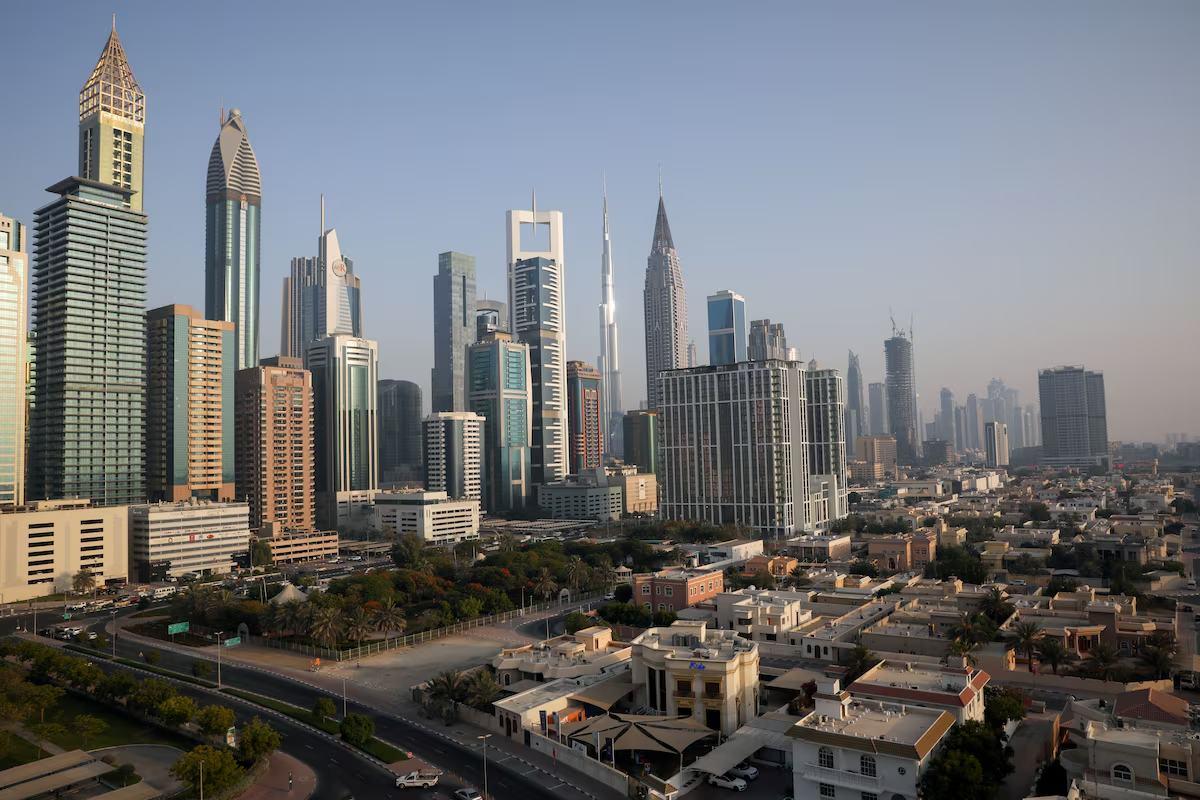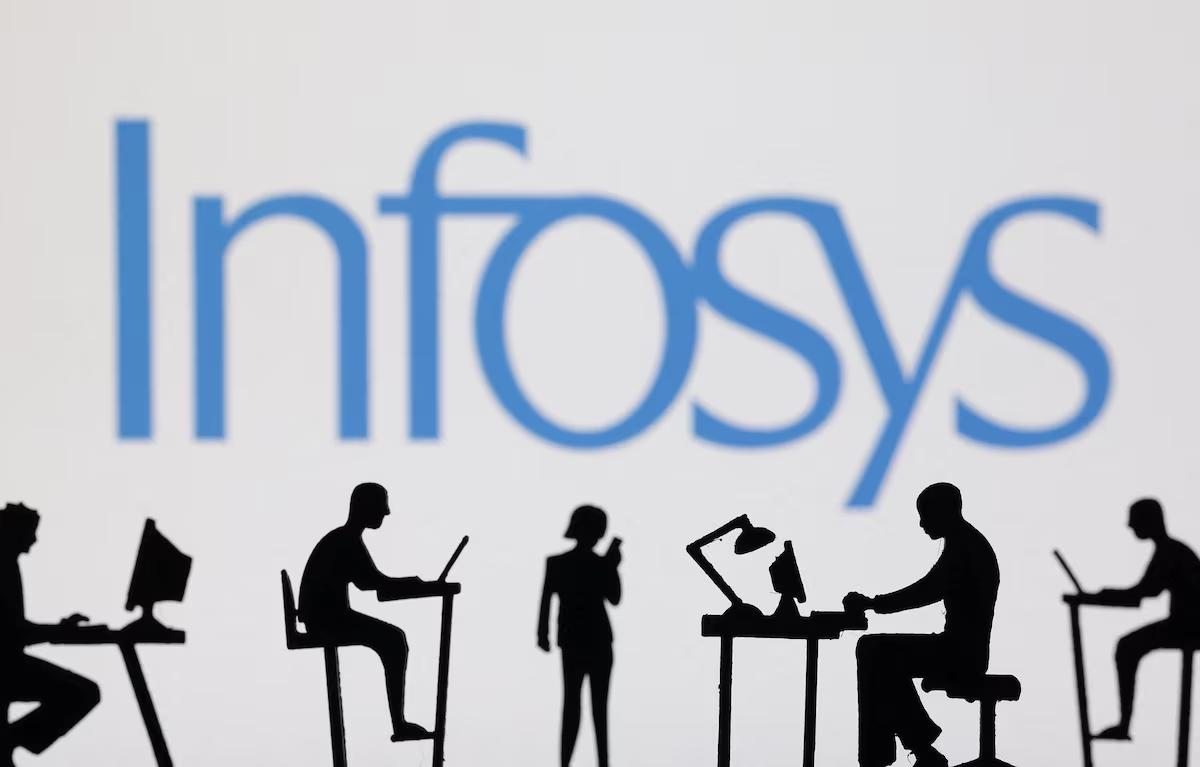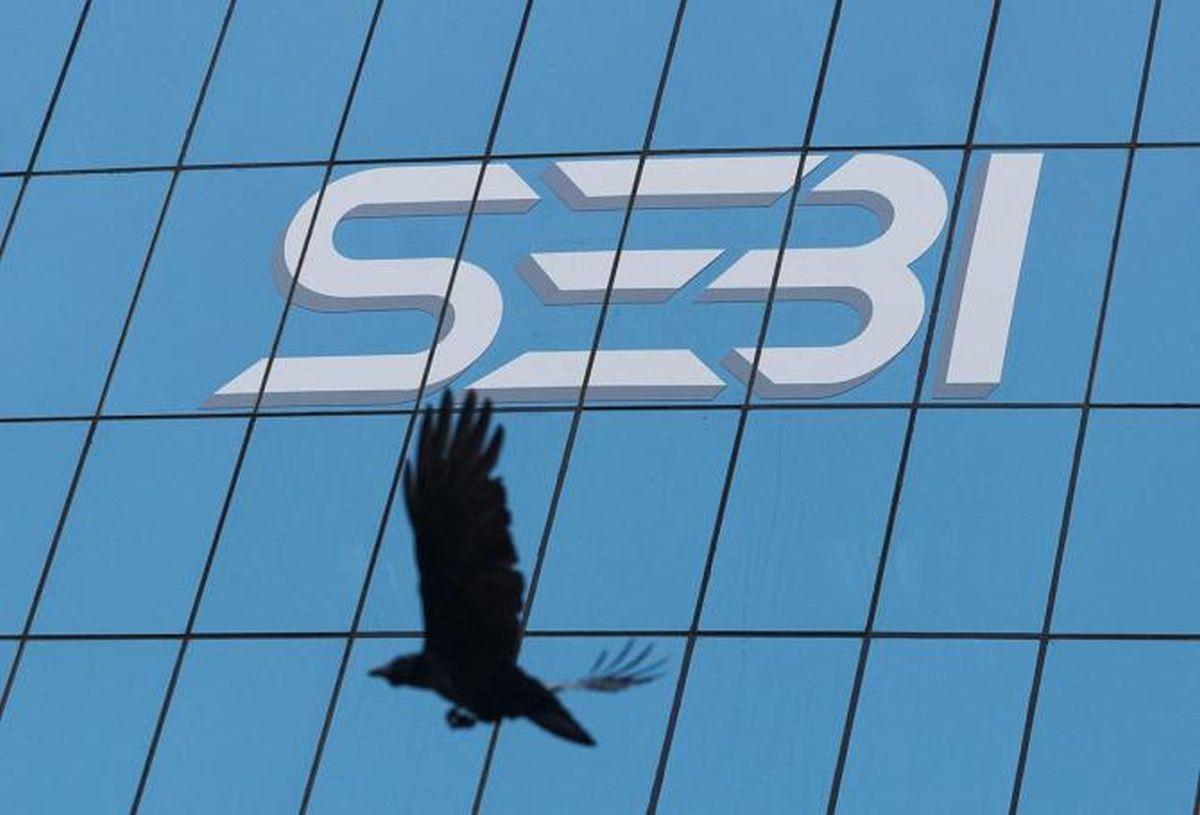Dubai is positioning itself as a springboard for Indian companies looking to tap into fast-growing emerging markets, including Africa, banking on low tariffs, long-standing trade relations, and a shared vision for regional economic growth, said Mohammad Ali Rashid Lootah, president and chief executive officer, Dubai Chambers, at the Dubai-India Business Forum in Mumbai.

IMAGE: A general view of the Burj Khalifa and the downtown skyline in Dubai, United Arab Emirates. Photograph: Christopher Pike/Reuters
“From a business point of view, this will be a great opportunity for Indian businesses to use Dubai as a hub.
“The United Arab Emirates (UAE) and Dubai can be a very attractive destination for Indian businesses that are exporting goods and services to use Dubai since the amount of tariffs is low,” Lootah said.
The comments come after the US imposed reciprocal tariffs of 10 per cent on UAE and 26 per cent on India.
Lootah said that with strong trade ties between India and UAE that go back to the ages of the Spice Route and the Silk Route, the two countries can collaborate to meet the growing demand in emerging markets amid challenges like reciprocal tariffs.
He highlighted Dubai’s attractiveness as a launchpad for Indian exporters and startups due to its strategic location and established connectivity to Africa and the broader West Asia region.
Flights from Dubai connect to top cities in Europe and Africa thus giving the UAE a strategic advantage, he said.
He added that Dubai invested nearly $5 billion in India over the past five years and investments from India to UAE in the same period was similar at $4.2 billion.
With over 72,651 Indian-owned firms registered with the Dubai Chambers, the UAE continues to be a key business destination for India Inc.
New Indian companies numbering 4,563 joined the Dubai Chambers in the first quarter of 2024-25, marking a year-on-year growth of 16.2 per cent.
Lootah further said that while memoranda of understanding about new ventures are good, “what really matters is to build personal relationships between business communities.”
He added that deeper collaboration between India and Dubai could help high-growth startups scale without relocating overseas for funding.
He said joint efforts should focus on building economic value, creating jobs, and fostering an ecosystem where future unicorns can thrive.
The president of Dubai Chambers said that Indian startups looking to scale have typically turned to the Silicon Valley or other Western markets for funding and growth over the past decade, but Dubai could emerge as a compelling alternative.
“I think Dubai can be one of their first options out of India to scale because to scale up in a sustainable way, you not only need funding but also a consumer market to cater to this growth,” he said.
“There are sectors that Dubai is well known for, which contribute to the gross domestic product, such as trading and services, retail, real estate, logistics, and financial services.
“What we are trying to concentrate on is the growing sector in the digital economy.
“I can say we are very sector-agnostic on all of this,” said Lootah.
While financial technology will continue to play a key role in Dubai’s strong financial services ecosystem, similar to Mumbai, Lootah said there are success stories in food technology, logistics technology, and prospective collaboration with India’s agriculture sector in hydro-technology.
On manufacturing, Lootah proposed aligning India’s “Make in India” strategy with Dubai’s Digital Economy Agenda and suggested a collaboration to create a corridor that would help manufacturers in Dubai and India access wider markets.




